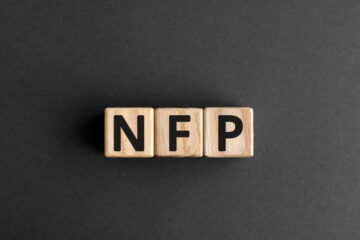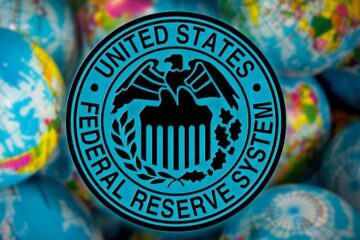Big banks seem to get away with everything short of murder. Considering how regulated they supposedly are, you’d think they’d be a little more careful about how they do business.
But that’s not the case.
Just look at some of the transgressions banks have been busted for in the last couple of years.
💵💰Don’t miss the move: Subscribe to TheStreet’s free daily newsletter💰💵
Take overdraft fees. Did you know that even if an overdraft occurs due to the bank’s own processing error, they will sometimes charge the customer a fee? Banks have also been able to charge multiple fees for a single overdraft transaction — in other words, if you make one mistake, you can be charged multiple times.
Banks have also been busted for using customers’ personal information to conduct unauthorized credit checks and even open new, aka fraudulent, accounts without the customer’s permission.
Sometimes they get a proverbial wrist slap — usually in the form of a lawsuit — but too often even after they’re forced to pay huge settlements they carry on, bad business as usual.
Related: ‘Rich Dad Poor Dad’ author makes dire prediction, warns on 401(k)s
Among the latest troubling practice banks are getting busted for is alleged unlawful harassment related to debt collection.
If you happen to live in California, Connecticut, Florida, Maryland, Massachusetts, Michigan, North Carolina, Pennsylvania, or Texas, you might have the right to fight back against your bank for debt-collection harassment and even get compensated for it.
Enter the lawyers.
Wells Fargo is one of several banks accused of harassing consumers.
Leonardo Munoz/VIEWpress via Getty Images
Wells Fargo, Citibank, American Express accused of harassing Americans
So when was the last time you ignored a call from an unknown number? Probably within the last hour.
But what happens when those calls come repeatedly and they happen to be from a debt collector, including a bank or credit card company? And what if the calls are about debt that isn’t even yours but belongs to a relative?
From student loans to credit cards, banks and debt collections have ramped up their “outreach” in recent years. But there is a difference between collecting on a debt and hassling someone over the phone, especially considering sometimes the debt doesn’t even belong to the person getting the calls, according to the Consumer Financial Protection Bureau (CFPB).
In some cases, people report getting calls about debt owed by people they don’t even know.
Related: Credit cards are about to get more expensive
Part of the problem is that the calls often come from robocall systems that don’t give you a way to opt out of receiving the call.
Here’s the bottom line: If debt collectors won’t leave you alone, even after you’ve told them to stop, you might be able to do something about it.
Under federal law, debt collectors can’t harass you. But the states listed above go further, offering additional protections and giving consumers the right to sue for damages.
That means you don’t have to keep explaining that “the person you’re looking for doesn’t live here.” You don’t have to keep hitting “decline.” You don’t have to just live with it.
More on credit cards:
Chase revokes a major privilege customers love in ‘calculated’ moveHow much credit card debt does Americans have on average Dave Ramsey shares important advice about your credit card
If you think a debt collector has violated the Fair Debt Collection Practices Act (FDCPA), you can sue them for damages.
And if you prove a violation occurred, you may be awarded $1,000 in damages, plus additional compensation for any actual harm they caused. If you win, the collector may also be responsible for paying your lawyer fees and costs. There are lawyers who specialize in this type of lawsuit, but you can also go to court without a lawyer, according to the CFPB.
Wells Fargo, Citibank, American Express among the biggest offenders
Banks have been sued over these kinds of practices in the past, and lost. Capital One and Wells Fargo have both reached multimillion-dollar settlements after being accused of making robocalls without consent. Navient has faced legal action from both states and borrowers over aggressive tactics tied to student loan debt.
In fact, class action lawsuits have become one of the most powerful tools consumers have to hold companies accountable, especially when it comes to abusive or misleading debt collection practices.
These lawsuits often end in payouts for eligible consumers, and force companies to change how they operate — at least temporarity.
Individuals who have received harassing, abusive or otherwise unlawful debt collection calls may be eligible to join ongoing investigations into these alleged practices if they have come from the following:
American ExpressChase BankComenityCredit OneSynchronyWells FargoNavient (student loans)Bank of AmericaCapital OneCitibankDiscoverGoldman Sachs
Related: Legendary diner featured in Visa commercial closes after 40 years


